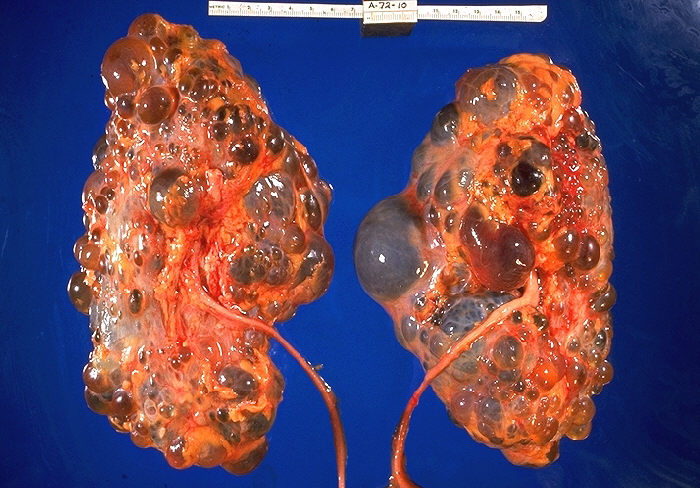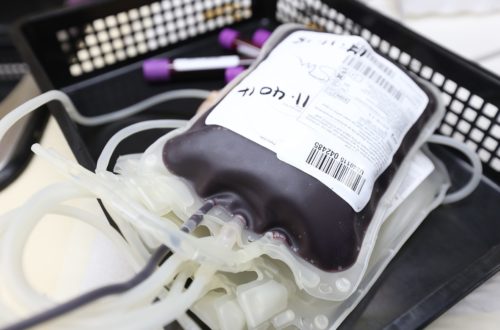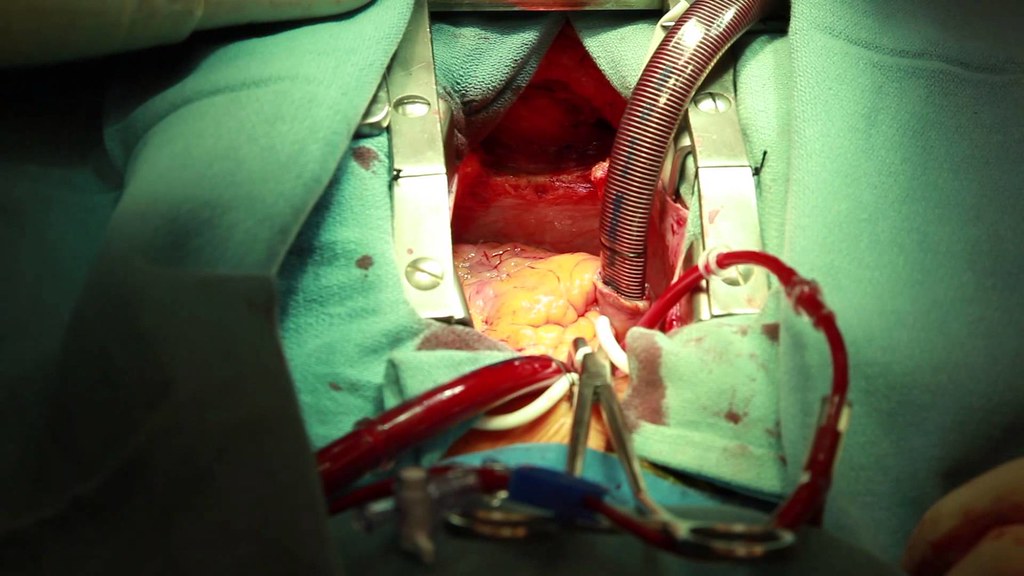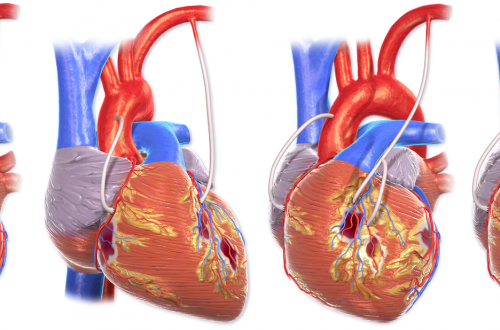-
Acute Kidney Injury
Topics: Categorizing acute kidney injury, Approach to acute kidney injury, Acute kidney injury requiring dialysis. Categorizing Acute Kidney Injury Acute kidney injury can be categorized into 3 main groups: pre-renal, renal and post-renal. Any problems with the heart, or blood supply reaching the kidneys is considered pre-renal. Any problems inside the kidney itself is considered intra-renal. Any problems occurring with urine being able to leave the kidneys i.e. in the ureters, bladder, urethra is post-renal. Post-renal AKI is kidney damage due to back up of urine produced by the kidneys into the kidney itself. Pre-renal AKI is kidney damage due to a lack of blood flow to the kidneys. Intra-renal…
-
Renal Cysts and Renal Cancer
Topics: Simple Cysts, Complex Cysts, Renal Cell Carcinoma, Autosomal recessive polycystic kidney disease (ARPCKD), Autosomal Dominant polycystic kidney disease (ADPCKD). Simple Cysts Presentation: Small cyst found on asymptomatic screen i.e. incidental cyst. No loculations or septations. Diagnosis: no further testing required Treatment: no treatment required Complex Cysts Presentation: Can also be found on asymtomatic screen, and will have septations and loculations. However, may present similar to a kidney stone (flank pain and hematuria) or similar to renal cell carcinoma (flank mass, flank pain, hematuria), or with pyelonephritis (when cyst becomes infected). Diagnosis: Because of the way it presents, a urinalysis and CT scan will usually be done. If pregnant or…
-
Renal Formulas
Name Formula Notes Fractional excretion of sodium (FENa) (urine sodium x serum creatinine) / (serum sodium x urine creatinine) <1% suggests pre-renal and other causes. Useful in assessing oliguria or acute kidney injury Fractional excretion of urea (FEUrea) (urine urea x serum creatinine) / (serum urea x urine creatinine) <35% suggests pre-renal and other causes. Useful in assessing hyponatremia Urine Anion Gap sodium + potassium – chloride Useful in assessing a normal anion gap metabolic acidosis. A + UAG suggests renal cause of acidosis Transtubular potassium gradient (TTKG) (urine potassium x serum osmolality) / (serum potassium x urine osmolality) A high TTKG suggests renal potassium loss. Useful in assessing hypokalemia.…




